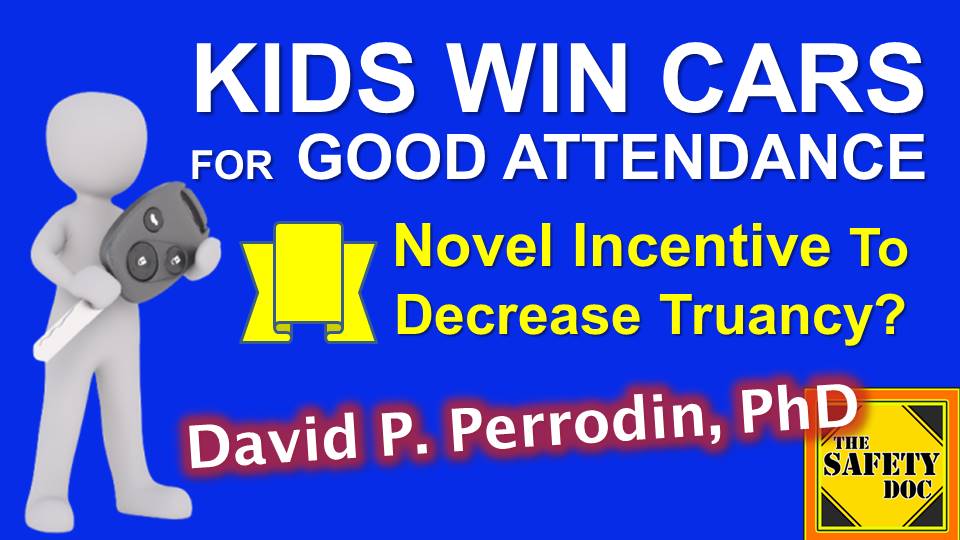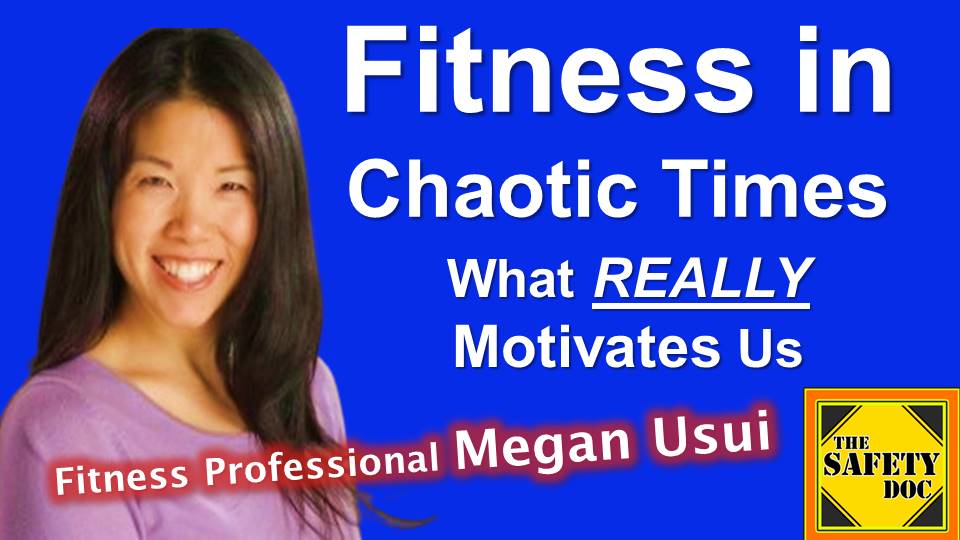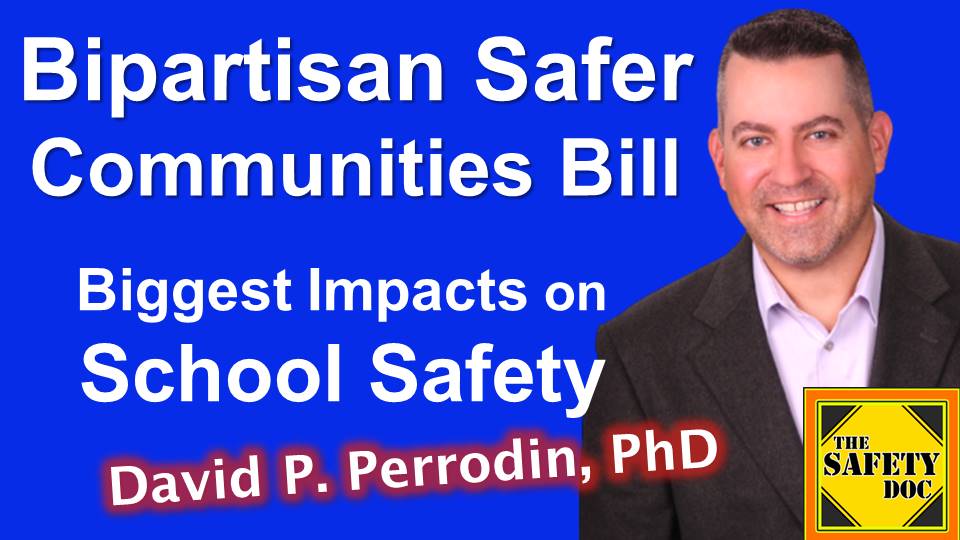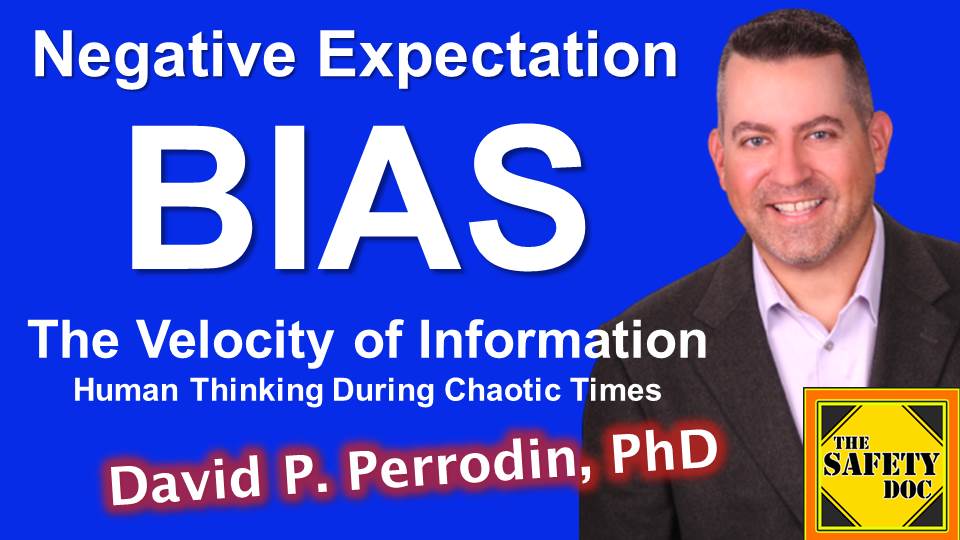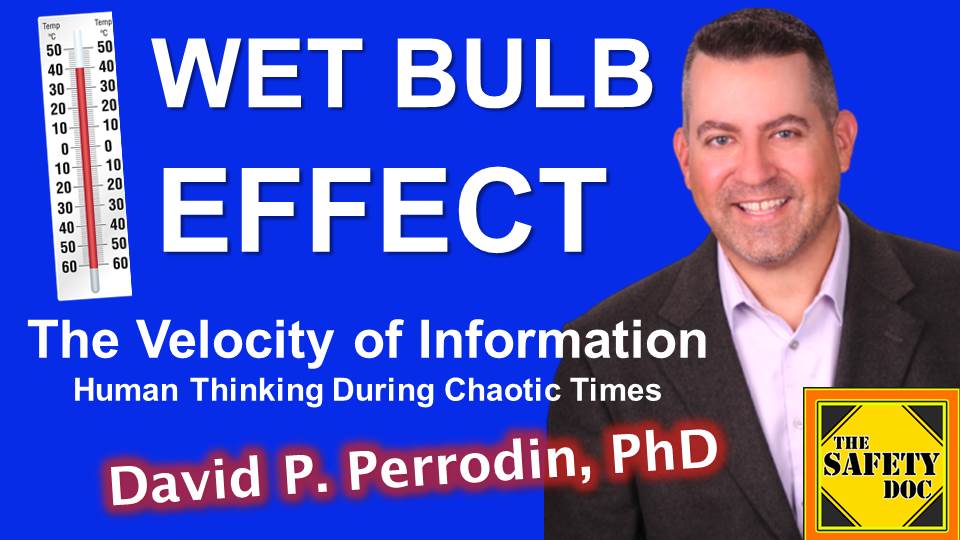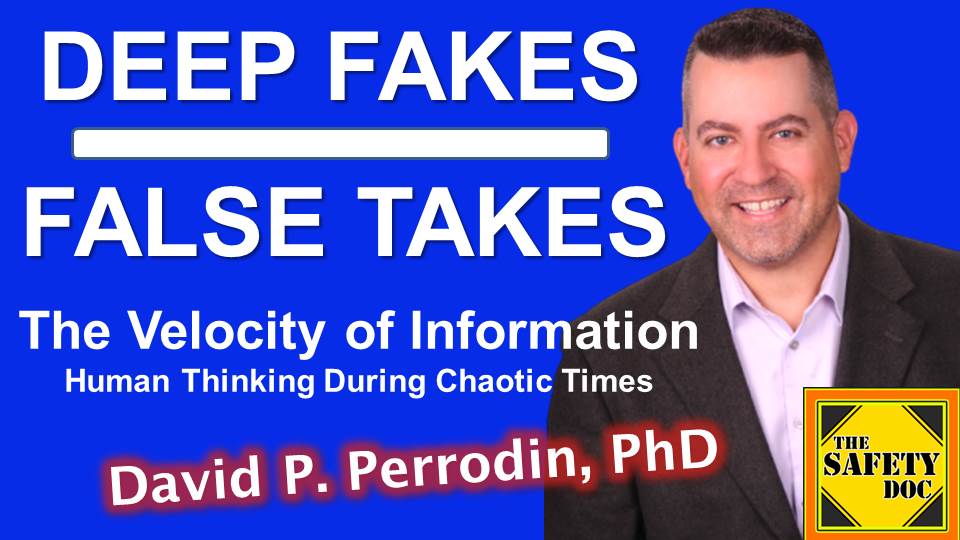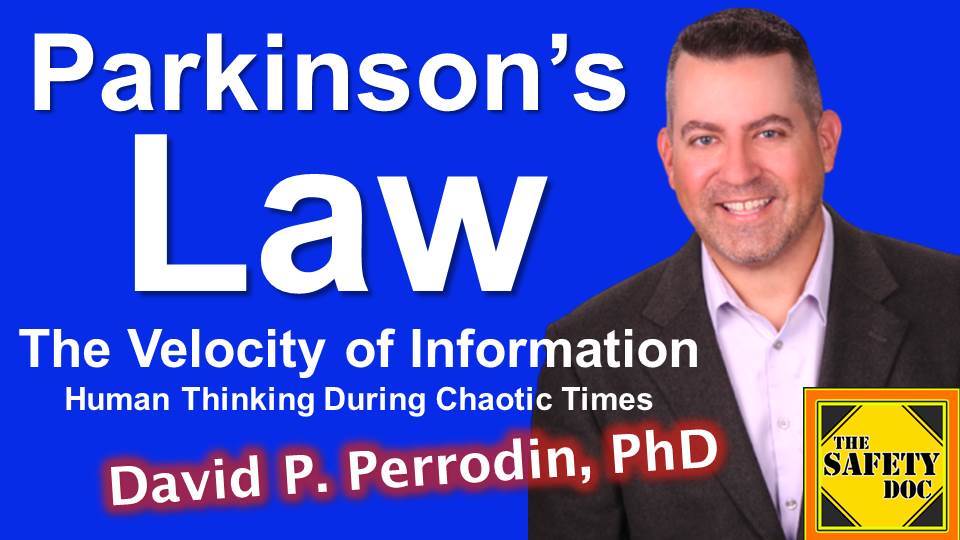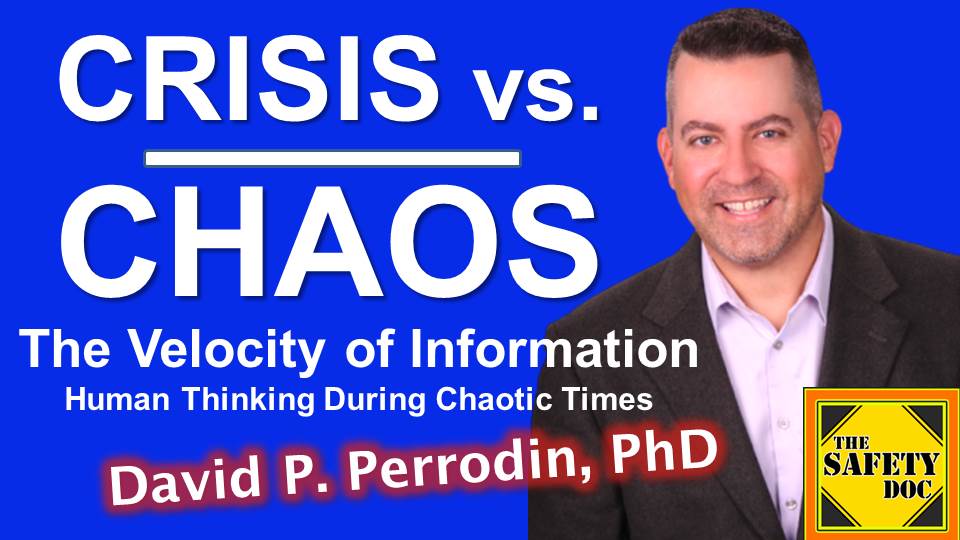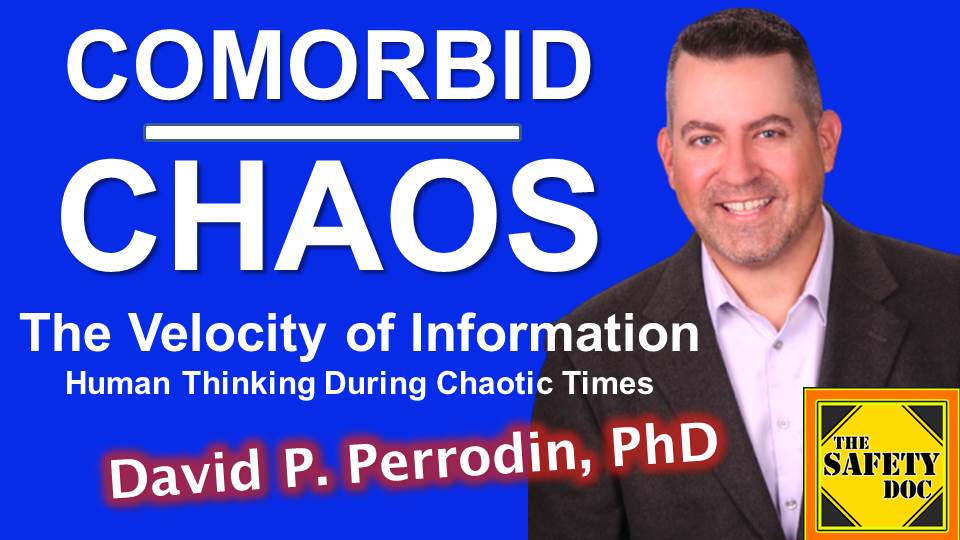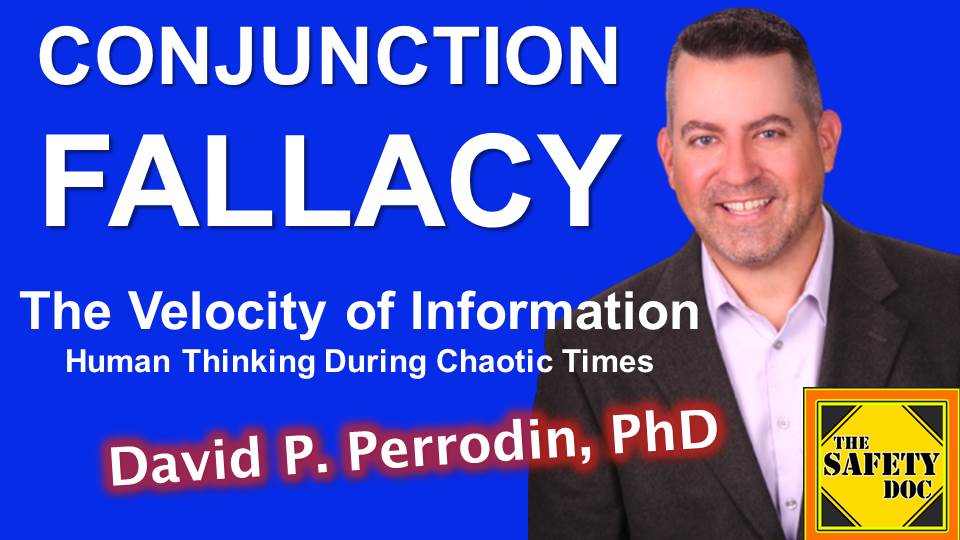Mental Health / Mental Well-Being
Perfect Attendance Can Win High School Students A New Car | What Do You Think? | SDP201
Have you imagined that not missing a day of high school could put you square in the driver’s seat of a new car? What began as a novel truancy pilot roughly twenty years ago is becoming increasingly popular in high schools across America. Why are cash-strapped schools ponying up cars for students with perfect, or…
Read MoreFitness in Chaotic Times | What Really Motivates Us | Fitness Professional Megan Usui | SDP190
What motivates people to seek and maintain fitness and wellness? How do expectations for fitness and wellness differ for younger people and older people? Do chaotic events, such as a pandemic or health scare, catapult people toward action to increase fitness and wellness? What feedback or rewards help people to stay motivated and act in…
Read MoreBipartisan Safer Communities Bill | Biggest Impacts on School Safety | SDP182
Doc highlights what has changed in school safety since the May 24, 2022, Robb Elementary School shooting that ended the lives of 19 students and 2 teachers in Uvalde, Texas. He interprets how schools will be impacted by the Bipartisan Safer Communities Act (signed into federal law July, 2022). Doc peruses each website to critically…
Read MoreNegative Expectation Bias | When All News is Bad News | The Velocity of Information | SDP181
[Podcast] A popular Reddit thread is titled, “What’s a ‘Today is going to suck’ red flag. A top up-voted response was, “Waking up with a huge headache,” and another was “When you get all the red lights on your commute.” Each of us could add a comment to that thread, right? Per the National Institute…
Read MoreMeasuring the Wet Bulb Effect on Attention and Information | The Velocity of Information | SDP177
[Podcast] Stagnant, sweltering summer days cocoon us with unshakable pulsing heat and sticky humidity in what is known as a wet bulb effect. It’s downright uncomfortable. Our attention deviates from things at hand and centers on making an escape to our air-conditioned cars and dwellings, but the reprieve is temporary – and some of us…
Read MoreDeep Fakes and False Takes | The Velocity of Information | David P. Perrodin | SDP176
[Podcast] In June, 2019, U.S. lawmakers held their first hearing devoted primarily to the threat of artificially generated imagery. Then in October, 2019, California banned political deep fakes during election season. But, such actions have raised questions. What might be consequences looming at the intersection of deep fakes and public policy? DIRECT LINK to MP3…
Read MoreBreaking Parkinson’s Law in Chicago | The Velocity of Information | David P. Perrodin | SDP175
[Podcast] Remember fiddling around until the final hour to hunker down and complete an assignment for school or a project for work – even though you knew of the deadline for weeks? There you were, confident you could serviceably complete the task and submit it in a nick of time. Welcome to Parkinson’s Law! DIRECT…
Read MoreCrisis vs. Chaos | Bifurcation and Strange Attractors | The Velocity of Information | SDP174
[Podcast] What are the differences between crisis and chaos? Is a sudden bifurcation better than a gradual bifurcation? How might a “strange attractor” contribute to the sometimes long duration, and difficult-to-recognize, patterns in chaos? Doc will discuss these questions and read an excerpt pertaining to them from his book ‘The Velocity of Information: Human Thinking…
Read MoreComorbid Chaos | 90 Days of Uncertain Times | Velocity of Information | David P. Perrodin | SDP173
[Podcast] What is comorbid chaos, how is it different from other types of chaos, and what are its consequences for societies and individuals? Doc explains the markers of uncertain times and reads an excerpt from his book, The Velocity of Information: Human Thinking During Chaotic Times. DIRECT LINK to MP3 of this Episode: https://tinyurl.com/SDP173-AUDIO COMORBID CHAOS.…
Read MoreConjunction Fallacy | Why We Believe Elaborate Reports | Taming Human Bias | SDP172
[Podcast] The `Conjunction Fallacy’ is a fallacy or error in decision making where people judge that a conjunction of two possible events is more likely than one or both of the conjuncts. Here are some examples. EXAMPLE ONE: Doc is a Wisconsinite who went to the store and bought tofu, eggplant, broccoli, and frozen meatless…
Read More
